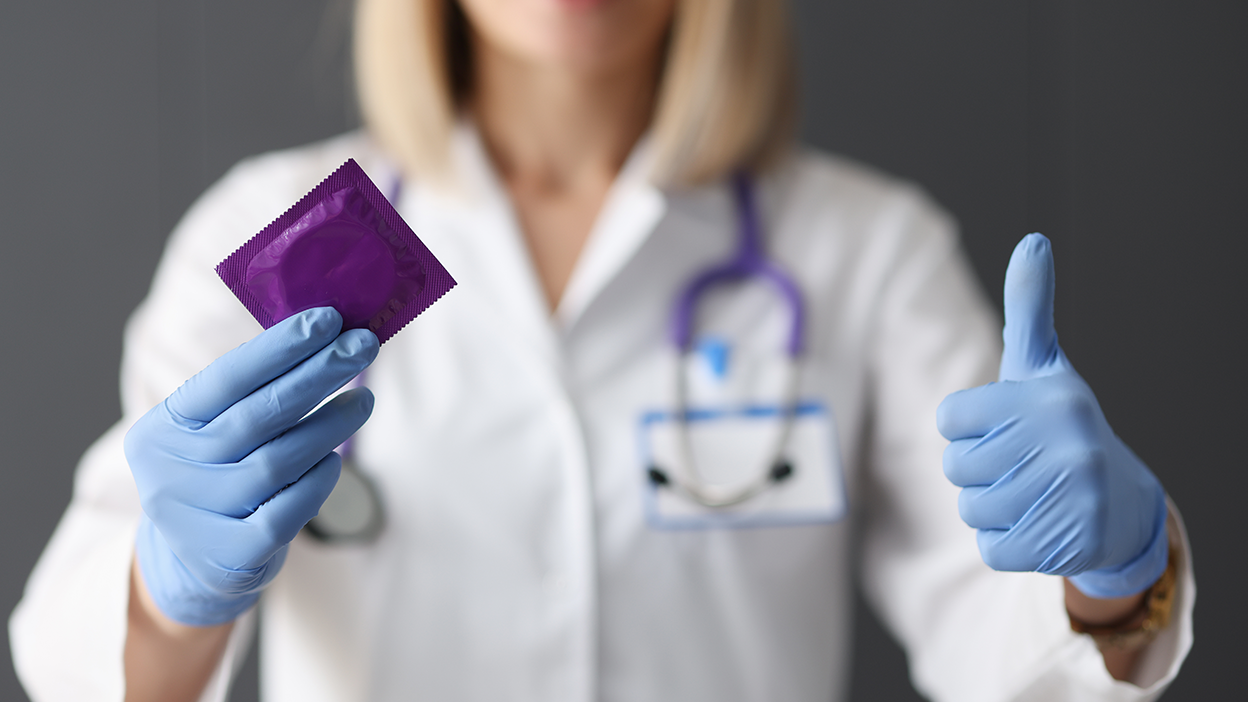Sexually Transmitted Diseases
Intro
Sexually transmitted diseases (STDs), also known as sexually transmitted infections (STIs), are infections that spread primarily through sexual contact. They can have serious health consequences and are a persistent health challenge worldwide. Here's an overview of common STDs and how to protect yourself.
Article
Sexually transmitted diseases (STDs), also known as sexually transmitted infections (STIs), are infections that spread primarily through sexual contact. They can have serious health consequences and are a persistent health challenge worldwide. Here's an overview of common STDs and how to protect yourself.
Common Sexually Transmitted Diseases
- Chlamydia: This bacterial infection often shows no symptoms but can result in pelvic inflammatory disease, which can lead to infertility. It can be treated with antibiotics.
- Gonorrhea: Also known as "the clap," gonorrhea often presents with painful urination and unusual discharge. If left untreated, it can cause long-term health problems like infertility. Gonorrhea is also treated with antibiotics.
- Syphilis: This bacterial infection starts as a painless sore, progressing to a rash, and then potentially affecting the organs in its late stage. It's treated with antibiotics, typically penicillin.
- Herpes (HSV-1 & HSV-2): Herpes is a viral infection that causes outbreaks of blisters and sores. While it cannot be cured, antiviral medication can help manage symptoms and decrease transmission rates.
- Human Papillomavirus (HPV): This virus can cause genital warts and is linked to cervical cancer, along with other types of cancer. A vaccine is available to protect against the most dangerous types of HPV.
- Human Immunodeficiency Virus (HIV): HIV attacks the immune system and can lead to AIDS (acquired immunodeficiency syndrome), a chronic, life-threatening condition. While there's no cure for HIV, antiretroviral therapy (ART) can dramatically extend life expectancy and improve quality of life.
Preventing STDs
The most reliable way to avoid infection is to abstain from sexual activities or to be in a long-term, mutually monogamous relationship with a partner who has been tested and is known to be uninfected. However, many people will be sexually active with more than one partner in their lifetime, so knowing how to protect yourself is essential:- Condom Use: Use a condom every time you have sex. While no method is 100% effective, consistent and correct condom use greatly reduces the risk of STD transmission.
- Regular Testing: Regular STD testing ensures that you and your partner(s) are aware of your STD status and can take action if needed.
- Vaccinations: Vaccines are available to prevent some types of STDs, like HPV and Hepatitis A and B.
- Communication: Talk openly with your partner(s) about your sexual histories and STD statuses to make informed decisions about your sexual health.
- Treatment: If you are diagnosed with an STD, follow your healthcare provider's treatment recommendations, and inform your sexual partner(s) so they can be tested and treated if necessary.
Sexually transmitted diseases can be effectively prevented and managed, but it requires active participation in safe sex practices and regular medical screenings. Always consult with a healthcare provider for personalized advice about STD prevention and treatment.







